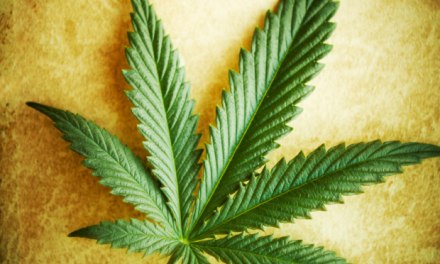As 2020 drew to a close, the newly elected Joe Biden showed signs of a genuine commitment to boosting treatment and prevention for substance disorders. At least that’s how the Politico website read the tea leaves, at that early point in the Administration. We’ll see how far he gets. There’ll be resistance.
Biden’s other health crisis: A resurgent drug epidemic
Not surprisingly, the drug epidemic was reborn during the pandemic. The number of overdoses, including OD fatalities, has spiraled upwards once again. Overdose is what most people think of when they consider the problem of drug abuse, although overdose is just one part of the much larger, more pervasive, and stubbornly persistent challenge that drugs represent world-wide. It’s an attention-grabber, however, and the general public takes note of overdose stats, even while they ignore other indicators of perhaps equal or greater importance.
That’s just the way things are.
All along, there’s been there’s a strong core group in favor of legalization for recreational cannabis or medical use for drugs such as ketamine, MDMA, and psilocybin. The objection: Addictive substances, when widely available, tend to attract more users, rather than fewer. Is the goal to expand the number of drug users in America?
That debate will no doubt continue. Meanwhile, way too many Americans die from alcohol-related causes and conditions. Again, there’s evidence that drinking has increased in the past twelve months, and that’s never good news. Consequences are sure to follow.
Based on my reading, here’s what the general public wants from government in the form of a response.
- First, get the problem off the streets. It makes us look bad.
- It’s okay to treat drug users, but make sure it works. No backsliding permitted.
- By the way, keep young people from getting involved with drugs in the first place. How? You figure it out.
- And watch the budget. Whatever you do, don’t spend too much on this.
How many of those are truly realistic expectations? None, really.
After all, substance use and abuse has been around about as long as human civilization itself – it’s not that hard to stumble on fermentation (just leave fruit out in the open air for a while). And somebody’s bound to notice the birds acting funny after they’ve been feeding on seeds from that weird-looking bush…
In practice, this means a continuing public relations problem for treatment and prevention. Impossible expectations create a permanent need to advocate for what we do, on the grounds that it helps save lives, and prevent even greater harm to our quality of life.
Years ago, I overheard a patient teasing his counselor. “Say,” the patient asked sarcastically, “what’ll you do when all the alkies have been through rehab and there’s nobody left to treat? You’ll have to find yourself a new career.”
The counselor considered this. “Fat chance”, he replied finally.












